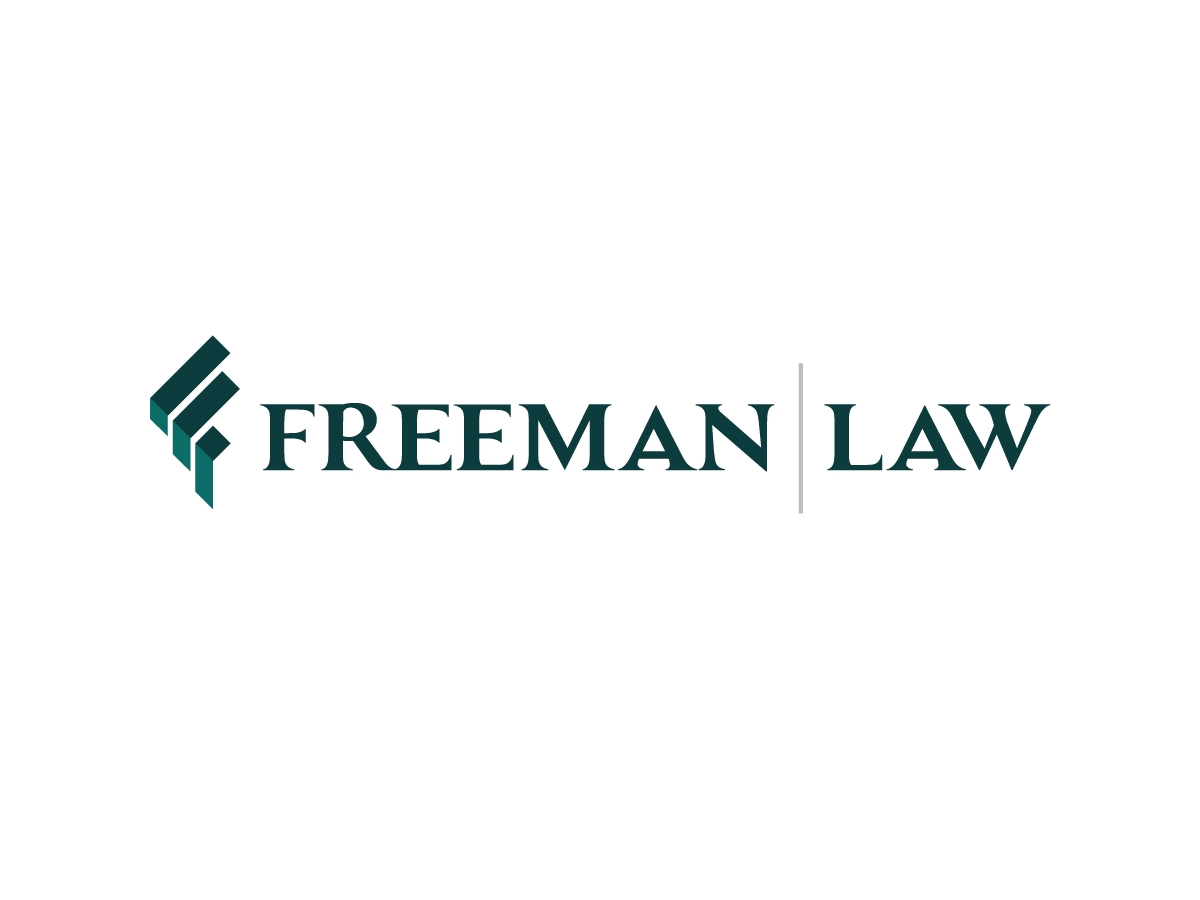
On September 30, 2024, the Treasury Inspector General for Tax Administration (“TIGTA”) issued a report evaluating the IRS’s enforcement efforts relating to taxpayers with gambling and wagering winnings.
I.R.C. § 3402(q) of the Internal Revenue Code requires every person making a payment of winnings to deduct and withhold tax at a rate of 24% from such winnings.[1] Winnings subject to withholding include:
- proceeds of more than $5,000 from a wagering transaction, if the amount of such proceeds is at least 300 times as large as the amount wagered;
- proceeds of more than $5,000 from a wager placed in a lottery conducted by an agency of a State acting under authority of State law; and
- proceeds of more than $5,000 from a wager placed in a sweepstakes, wagering pool, or non-State lottery or a wagering transaction in a pari-mutuel pool with respect to horse races, dog races, or jai alai if the amount of such proceeds is at least 300 times as large as the amount wagered.[2]
However, winnings from bingo, keno, or slot machines are not subject to withholding under this provision.[3] Each person making a payment of winnings (including certain winnings not subject to withholding) generally must file a return on Form W-2G, Certain Gambling Winnings, on or before February 28 of the calendar year following the calendar year in which the payment of winnings is made.[4]
An excise tax also is imposed on each person who is engaged in the business of accepting wagers, or conducts any wagering pool, or lottery, on all wagers placed with that person or in such pool or lottery.[5]
TIGTA found that over 100,000 individuals associated with approximately 4 million Forms W-2G reporting $13.2 billion in total gambling winnings had not filed federal income tax returns. TIGTA recommended that the IRS devote more resources to addressing high-income nonfilers. In response to the report, the IRS agreed to begin enforcement actions against nonfilers with gambling winnings for tax years 2018 through 2020 and to review reasons why these non-filers’ returns were not previously identified.
TIGTA also found that the IRS had limited processes to identify nonfiling and underreporting of excise tax on gambling activities. The IRS reported that its efforts to identify nonfiling or underreporting of excise tax were conducted solely through excise tax examinations, which were initiated primarily through referrals from other IRS functions. The IRS agreed to review its procedures and develop a process to identify wagering excise tax noncompliance.
[1] See also I.R.C. § 1(j)(2)(F).
[2] I.R.C. § 3402(q)(3).
[3] I.R.C. § 3402(q)(5).
[4] Treas. Reg. §§ 31.3402(q)-1(e)(1), 1.6041-10(a), (b).
[5] I.R.C. § 4401(c); Treas. Reg. § 44.4401-2(b).
[View source.]